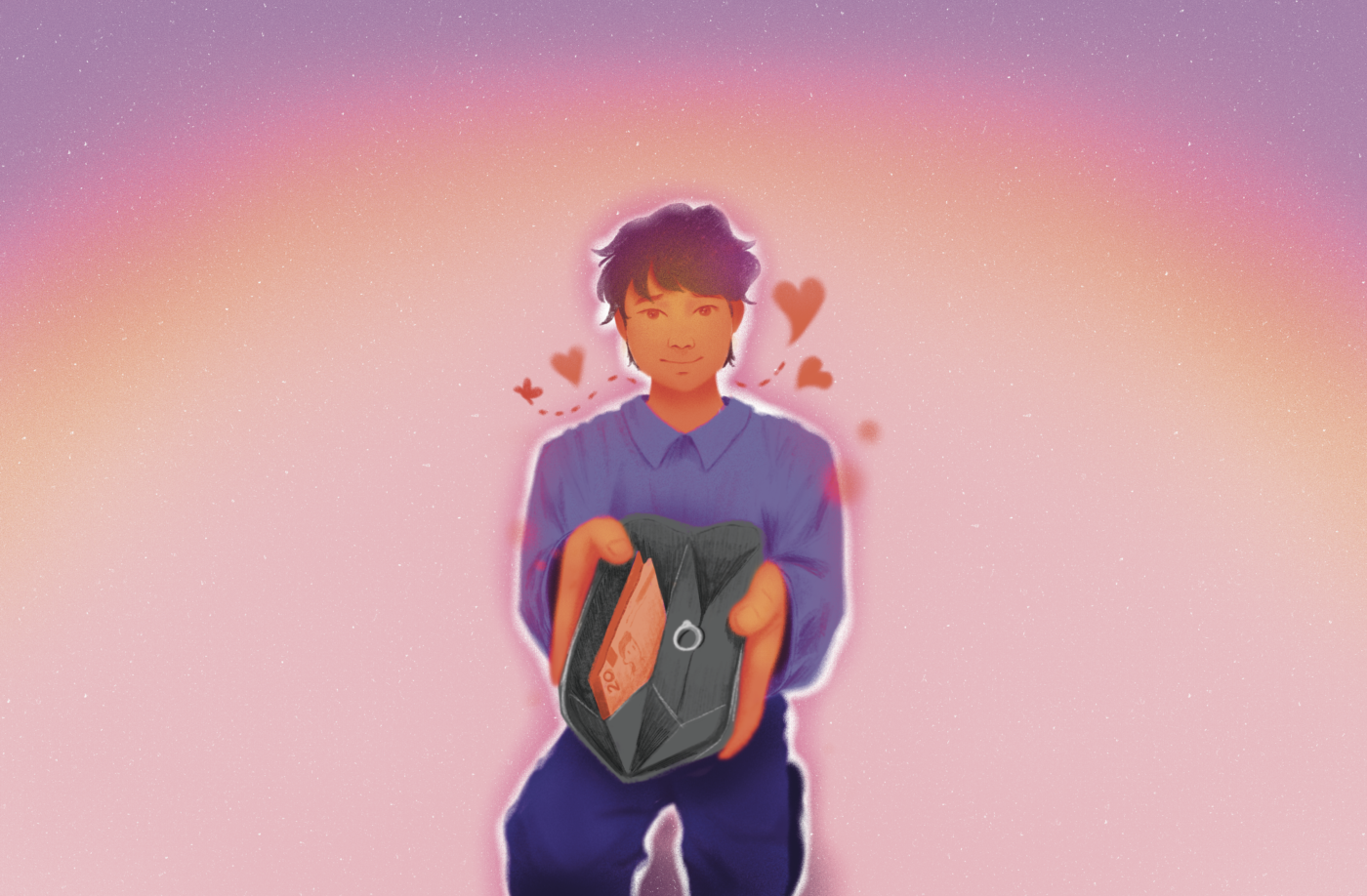In an economy where financial security is increasingly valued in a partner, a married couple challenges such beliefs, suggesting that unions should be founded upon shared values rather than expensive presents.
THE IMPORTANCE of wealth in relationships has been an increasingly polarizing discourse. In a social media post that made rounds online, an anonymous woman aired her sentiments after her eight-year long-term partner proposed with an engagement ring bought online for a modest sum of Php 299.
Some netizens validated her feelings, even bringing up the idea that people who could not afford an engagement ring should not get married. They urged the woman to know and assert her worth, or to expect more than the “bare minimum.” On the other hand, a few netizens expressed that material gifts are not a measurement of love. Later on, the woman’s partner was revealed to be a breadwinner, which added another layer of intricacy to the situation.
Amid such mixed reactions, a couple and an anthropologist weigh in on the matter, deconstructing relevant complexities in the issue.
For richer, for poorer
Arjhay Puod and Joie Cortina’s paths first crossed in an advocacy circle for gender equality—a cause they are both passionate about. At the time, Arjhay resided in Pasig City while Joie flew in and out of the country for career purposes.
Despite their distance, their lives intertwined when Arjhay’s organization sent him to a consultancy event that Joie was working on.
The couple bonded over their mutual stances on critical and political issues. “The feeling that we have when we’re together is really a psychological safe space for both of us. Nowadays, it’s really hard to find company like that,” Arjhay says.
Having no engagement and pre-nuptial theatrics, Arjhay and Joie sealed their relationship in an intimate ceremony attended by six guests, with rings picked out together during a mundane stroll at the mall. Instead of a formal proposal, the couple solidified their partnership and plans for their union over dinner.
For Joie, a clear, sober understanding of what they were getting into held greater importance than any rehearsed proposal or custom-made ring. She attests that financial intelligence should be the stronger factor to consider before getting married, rather than financial stability.
The couple’s attitude toward finances could be best summed up with a simple sentence: “If Arjhay pays today, [then] Joie pays tomorrow.” Finances do not affect their relationship dynamics despite one earning significantly more than the other.
The money factor
Contrary to Arjhay and Joie, some marriages do attach economic value to matrimony. Department of Sociology and Anthropology Lecturer Jozon Lorenzana, PhD cites various reasons why people get married: Aside from religious sanctions, marriage in the past was a way of forming political, social, and economic alliances. Depending on the partners’ financial capabilities, a union may serve as a means to share resources or bridge gaps.
“Economic security has consequences for emotional security,” Lorenzana says. Gaining economic benefits through marriage allows couples to pursue personal and shared goals, such as buying a house or raising children. Given this, people more commonly wed within their social class.
Contemporary times did bring a change in the way marriage is viewed. “In the modern era, people marry for love. There’s that emotional component to a marriage,” they share.
Arjhay and Joie are a clear demonstration of “marrying for love.” While marriage enabled them to share health benefits and expenses, the ultimate deciding factor that sealed their union was their common values.
Seeking stability
While Joie understands that other couples may want to splurge on an important milestone, she sees how it may come off as one’s affections being bought with an expensive item. On her partner’s side, Arjhay also emphasizes that a pricey ring does not guarantee a lasting relationship.
Though not a measure of love, culturally, the price of engagement rings has since been a display of financial stability. “There’s a lot of burden because it’s a cultural expectation for the male party to signify the intent of marrying in a way that also signifies his economic security,” Lorenzana explains.
However, Joie argues that an individual’s wealth is not a reflection of their diligence, naming farmers and teachers as examples of workers who deserve a higher income.
“Kailangan natin i-rethink ‘yung ideas natin ng financial stability (We need to rethink our ideas of financial stability),” she asserts, adding that such ideals may not be reflective of challenges faced by the broader population.
Arjhay espouses a similar belief, citing greater societal contexts, such as the high cost of living and low wages, that restrain people from earning more and saving money.
Ultimately, Arjhay and Joie run counter to the rising socio-cultural value of financial capacity in a relationship. In the couple’s case, they are partners strategizing for current and future expenses—for richer or for poorer.







